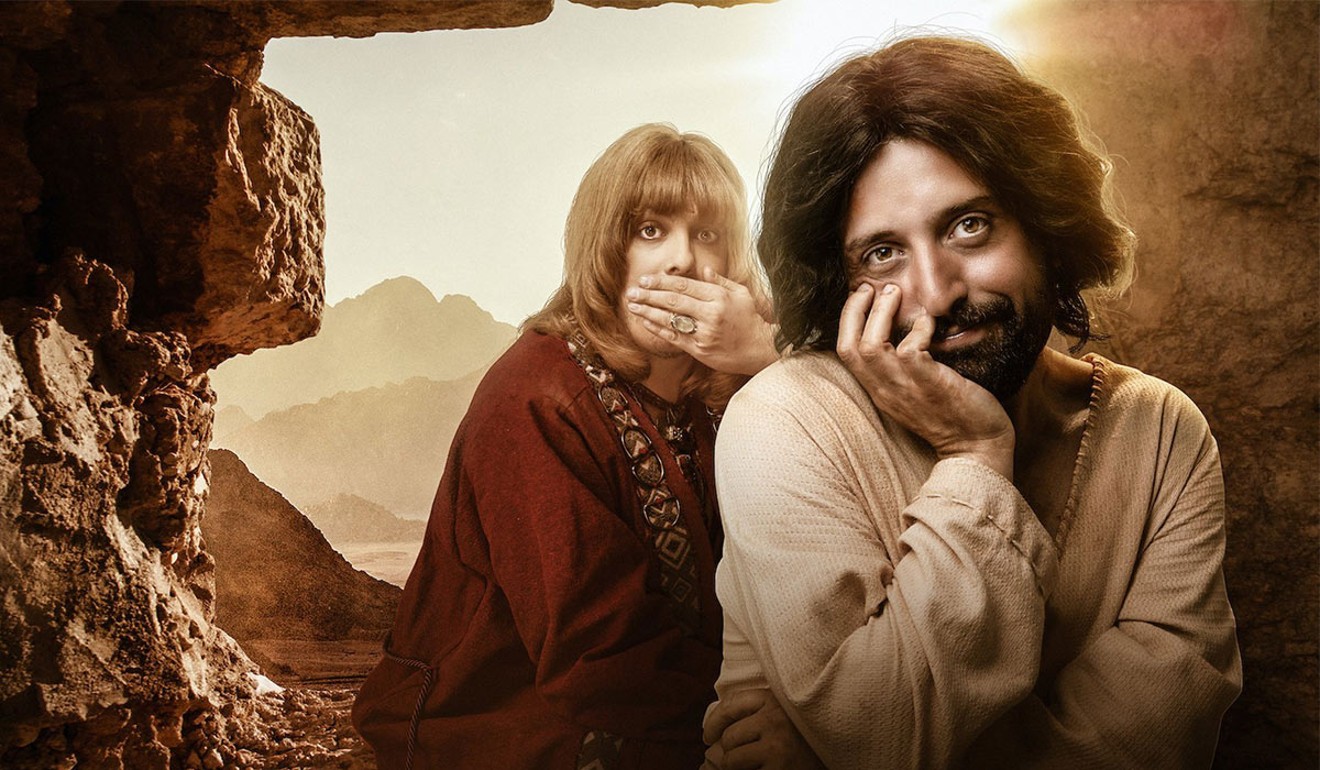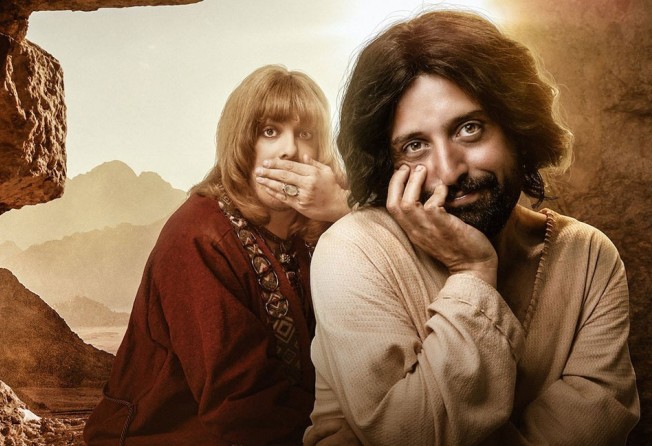
Is Netflix haram? Indonesia’s Islamic clerics are ready for a fatwa – if you are
- A top Islamic cleric has called on Indonesians to monitor the streaming giant for ‘negative content’, promising swift action against reported transgressions
- Shows including Messiah and The First Temptation of Christ have already proven controversial in religious circles

Indonesia’s supreme body of Islamic clerics says it is ready to issue a fatwa, or religious edict, declaring Netflix haram, or forbidden, if it is found to be providing “negative content”.
Hasanuddin, the chairman of the fatwa board at the Indonesian Ulema Council (MUI), said on Wednesday that digital platforms like Netflix and social media were both vulnerable to being corrupted by content that went against the country’s religious and legal norms.
The cleric called on Indonesians to monitor Netflix and report any such content, adding that while the MUI was yet to receive any complaints from the public, it would act swiftly as soon as it did.
“If there are people objecting to Netflix’s services and demanding fatwa, MUI will immediately review and make a decision in the edict plenary meeting. That will not take a long time,” Hasanuddin told Tempo magazine.
He added that the MUI had previously shown its willingness to act by issuing fatwa against works containing “deviant” sexual behaviour, pornography, terrorism, and violence.
Hasanuddin also applauded the actions of state-run mobile and internet service provider Telkom Group, which has blocked Netflix since 2016.
This is not the first time California-based Netflix has come under the scrutiny of Indonesian authorities. In August 2018, the Indonesian Broadcasting Commission said it planned to monitor the content of video-streaming websites including Netflix and YouTube to ensure they were upholding national standards.

However it has also been welcomed in many quarters, including sections of the government.
This month the Education and Culture Ministry launched a partnership with the US streaming giant to develop the Indonesian film industry. Minister Nadiem Makarim said Netflix had pledged US$1 billion to fund the joint programme aimed at taking the local film and culture industry to the global stage.
“This is the beginning. But we are eager and waiting for the positive impact of developing the film industry so our culture becomes known globally,” the minister said.
Meanwhile, the Communications and Information Minister Johnny G. Plate has asked Netflix to feature more Indonesian films to help boost the country’s creative industry.
Critics, however, say streaming services have negatively affected the country’s economic growth.
Last November, Statistics Indonesia said Netflix and Malaysia-based Iflix were partly to blame for a fall in investment in intellectual property, which contracted 4.14 per cent in the third quarter (compared to 1.48 per cent growth in the same period last year).
“The reduction in intellectual products was due to a rise in streaming services as there was a 45 per cent decline in films processed by the censor,” said Sri Soelistyowati, the deputy head of BPS’ balance and statistics analysis department.
Since the streaming platform launched in 1998, a string of its shows have become a lightning rod for controversy, including The First Temptation of Christ and Messiah.
Christian religious leaders in Brazil slammed the 2019 Portuguese-language comedy The First Temptation of Christ for depicting Jesus as a gay man. President Jair Bolsonaro’s son, Eduardo Bolsonaro, called the film “garbage” on Twitter.
Messiah, released this year, has been criticised for its portrayal of Muslims and a Change.org petition has been launched calling for a boycott of the show, describing it as “evil and anti-Islamic propaganda”.
In 2012, the MUI issued a decree against attending a Lady Gaga concert, which led to the show’s cancellation. In 2016, the council declared an edict prohibiting companies and business owners from forcing their employees to wear Christmas-related paraphernalia.